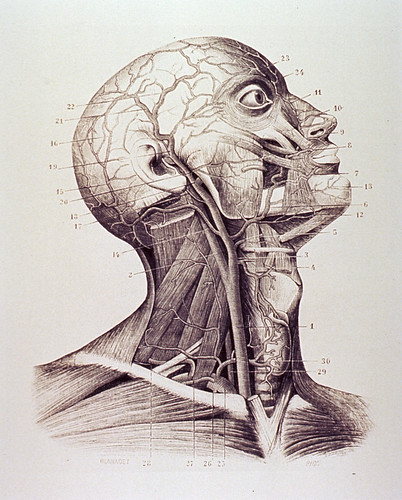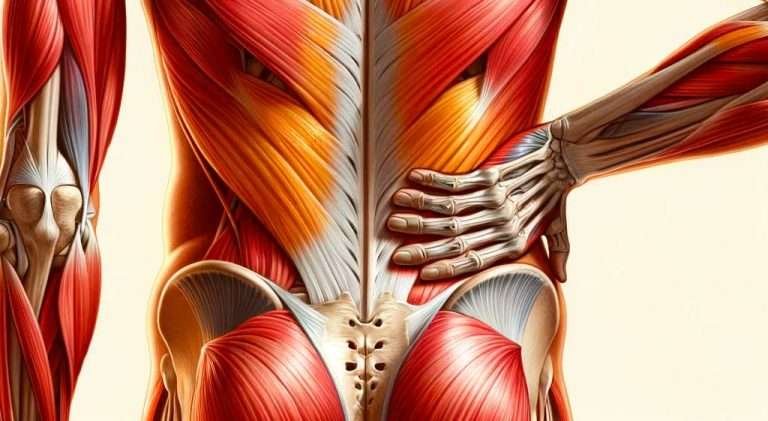What is cervicalgia?
Cervicalgia is a painful condition of the neck that affects women more than men. It’s caused by pressure on the nerves in the neck or by inflammation of these nerves.
Cervicalgia most commonly occurs in older women and can be excruciatingly painful. It’s also tricky to diagnose because it looks very similar to other conditions that cause neck pain, such as cervical spondylosis and whiplash injuries.
The exact cause of cervicalgia isn’t known. Some research suggests that it’s caused by osteoarthritis (wear-and-tear on joints) and nerve compression from neck trauma or degeneration (nerves rubbing against each other). If you have this condition, your doctor may perform tests to pinpoint the culprits and recommend treatments for you.
.
How does cervicalgia occur?
Cervicalgia most commonly occurs in older women. It’s caused by pressure on the nerves in the neck or by inflammation of these nerves. This can be caused by trauma, arthritis, or spinal cord disease. When the nerve is short-circuited, it causes pain to radiate from your neck into your shoulder and arm. Nerves that control muscles in your shoulder and arm also become affected.
The condition typically lasts for weeks or months before going away. You may be able to reduce your pain with medication, physical therapy, and lifestyle changes like getting plenty of rest and avoiding triggers (like certain foods) that cause pain.
Causes of cervicalgia
Some causes may be obvious, such as a car accident. It’s also possible that the condition could be caused by an infection, spinal cord injury, or stroke.
The following are some other causes of cervicalgia:

- Rheumatoid arthritis
- Osteoarthritis
- Muscle sprains
- Spinal cord injuries
- Neurodegenerative diseases like ALS or MS
- Cervical spondylosis (spine-related degeneration)
- Whiplash injuries or diving injuries.
Risk factors for cervicalgia
Some risk factors for cervicalgia include the following:

- Previous neck trauma
- Osteoarthritis
- Injury to the disc or spinal cord
- Pressure on the nerves in your neck
- Inflammation of the nerves in your neck
- A weakened immune system

Diagnosing cervicalgia
Cervicalgia is a painful condition where we feel a tingling sensation in our arms and hands due to nerve irritation due to inflammation or pressure on nerves. The most common signs and symptoms of cervicalgia are neck pain, numbness in the face, arm, or hand, and a tingling sensation that can be worse on one side of your body. The pain may also radiate to your jaw, ear, temple, or lower back.
Contact your doctor immediately if you have any of these symptoms that vary in intensity and location. The doctor will check for other causes of the symptoms before deciding on a course of treatment.
While it’s unknown what causes this condition, doctors can use different tests to diagnose it, such as checking for signs like tingling sensations and if there are multiple pain locations along with numbness in the face, arm, or hand. In some cases, it is caused by osteoarthritis, while other times, it may occur from trauma or degeneration and compression from the neck or spine. Once diagnosed, doctors can prescribe treatments for relief, such as anti-inflammatory medication.
Treating cervicalgia
Treating cervicalgia takes time, so make sure you know how to prevent it from happening. If you’re experiencing neck pain or headaches with neck-related symptoms, your doctor may recommend a method of treatment that can help relieve the pain.
For example, physical therapy can help stretch and relax tight muscles in the neck and release pressure on the nerves. You may also need to take ibuprofen or naproxen before and after your physical therapy sessions.
Pro Tips for cervicalgia prevention and treatment
Taking care of your neck is the best way to prevent cervicalgia. This includes daily exercise, managing stress, and performing stretches and exercises that target the muscles in your neck. If you experience pain for an extended period or have trouble swallowing, it can be helpful to talk to your doctor about surgery.
Many drugs work well for this condition, but they typically have side effects such as dizziness, ringing in the ears, and heart problems. These side effects are usually not permanent, though.





